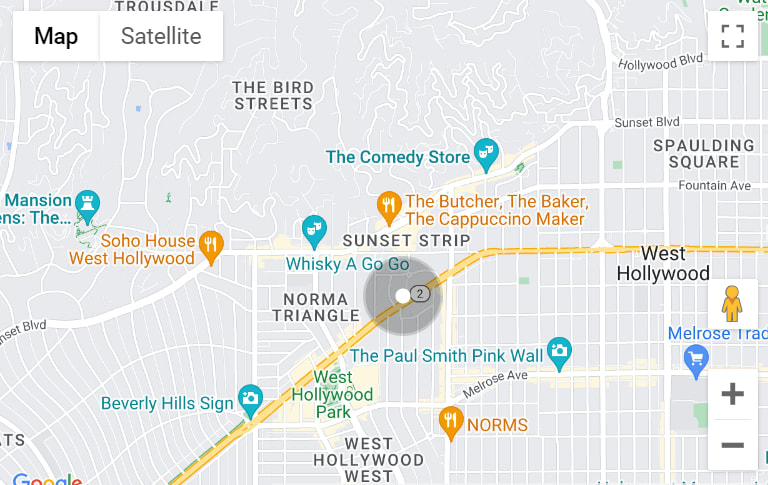
-
Compass
9454 Wilshire Blvd, Ground Floor
Beverly Hills, CA 90212CA DRE# 01991628
-
Carrabba Group
So you have just purchased a house and the prior owner bought the house for much less than you did. It’s time to prepare for what we call a Supplemental Tax Bill or Assessment. When you pay for your taxes via escrow, you are paying for them based on the prior owner’s value/assessment. If the prior owner paid more for the home than what you purchased it for, there is nothing you have to do. However if you paid more for the home than the prior owner paid you will have a supplemental tax bill. After the transaction closes the County Assessor goes back and figures out what the supplemental tax bill will be. It takes the County one to six months to send out such a bill. It’s a good idea to use the calculator listed below and set aside those funds so when you do get the bill, you’re not shocked and short of funds.
Below is some information provided by the Los Angeles County Assessor.
Supplemental Assessments - SB 813
State law requires the Assessor to reappraise property upon change in ownership or completion of new construction. The supplemental assessment reflects the difference between the new value and the old value. The Auditor-Controller calculates the supplemental property tax, and prorates it, based upon the number of months remaining in the fiscal year in which the event occurred. The fiscal year runs from July 1 through June 30.
A change in ownership or new construction completion which occurs between January 1 and May 31 results in two supplemental assessments and two supplemental tax bills. The first supplemental bill is for the remainder of the fiscal year in which the event occurred. The second supplemental bill is for the subsequent fiscal year. Notices of Assessed Value Change are mailed to property owners before supplemental tax bills are issued. Remember that supplemental tax bills are in addition to the regular annual tax bills. Supplemental bills go directly to the property owner, and not to an impound account - where one might exist.
Difference between the New Value and the Old Value X Tax Rate = Tax Amount.
Tax amount is then prorated for time of ownership.